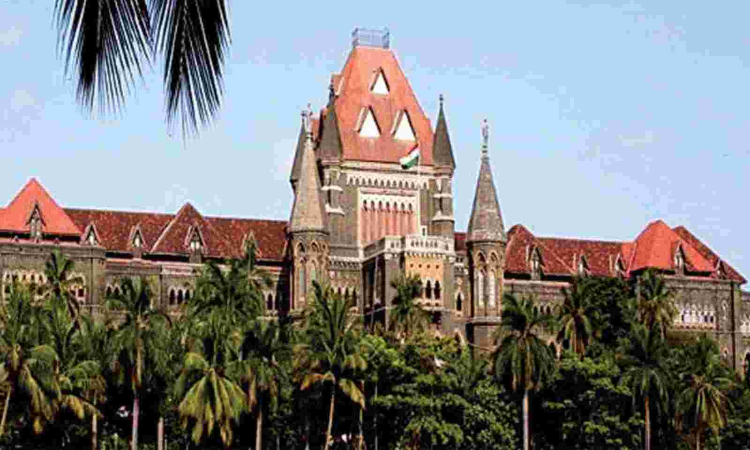Court Does Not Have Adjudicatory Powers Under Section 27 Of The A&C Act: Bombay High Court
Parina Katyal
11 April 2022 9:06 PM IST

Next Story
11 April 2022 9:06 PM IST
The Bombay High Court has ruled that the Court does not have the jurisdiction under Section 27 of the Arbitration and Conciliation Act, 1996 (A&C Act) to consider the legality of the reasons set out by the arbitral tribunal in its order permitting the examination of a witness. The Single Bench of Justice G.S. Kulkarni ruled that once the arbitral tribunal had formed a prima...
